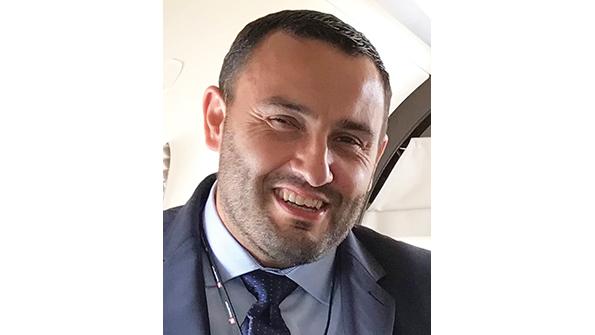COMMENTARY: Industry Recovery Will Compel New Crew Training Approaches

Delta Air Lines has announced plans to recall up to 400 pilots to active flying status this summer to help position itself for a rebound in travel demand.
This is extremely positive news, but it also raises general questions about the state of readiness of the aviation training industry to cope, as well as questions about the suitability of contemporary training methodologies.
The problem extends beyond the need to meet basic mandated training requirements. With an estimated one-third of the world’s active passenger fleet in storage, valid questions remain around proficiency levels for flight crews and potentially also engineering personnel.
With flight crews and other aviation professionals not performing their normal tasks, and sometimes not working at all or being employed doing other jobs, the potential exists for a situation where we see a reduction in skills and knowledge, or skill fade, affecting large numbers of the pilot workforce. An exacerbating factor is that we are seeing increased periods between license and validation checks, particularly for pilots, which makes measuring the extent of this problem all the more difficult.
Closed borders and other COVID-related restrictions have forced many training organizations to restrict capacity and, in some cases, close their doors. This has led to significantly disturbed training operations. Combined with the proficiency issues highlighted, this poses a significant challenge to the training industry, creating a potential bottleneck to any recovery scenario.
Quite how this will be managed is not yet entirely clear and there may not be quick fix, but it is likely to drive changes in how recurrent training is conducted in the future. Some analysts predict a shift to smaller regional training centers, using next-generation, cloud-connected, lower-cost simulation devices. It is almost inevitable that we will continue to see a significant shift in theoretical training towards distance learning.
Basic training has also been significantly disrupted and, like recurrent training, the effects of COVID-19 will drive change. Evidence-based training, coupled with lower-cost simulation devices, is likely to accelerate and bring down the cost of basic training.
We have already seen programs such as the multi-crew pilot license (MPL), which is a shorter program with a higher dependency on synthetic devices. Models such as this will play a more significant role in meeting the future need for flight crew. This has other benefits, including being less costly than the traditional air transport pilot license (ATPL) route, which starts to open up the profession to future pilots from less-privileged backgrounds.
Underpinning all of this, and probably the most compelling factor driving change, is environmental awareness. This is impacting the industry at its very core. Advancements in aircraft, engine and avionics technology, and the adoption of new materials will drive demand for new skills, which in turn will require the training industry to adapt to meet those needs.
Stephan Hickman is CEO at Resource Group, a Switzerland-based international aviation recruitment, training and human-resource services company. The views expressed here are his own.
